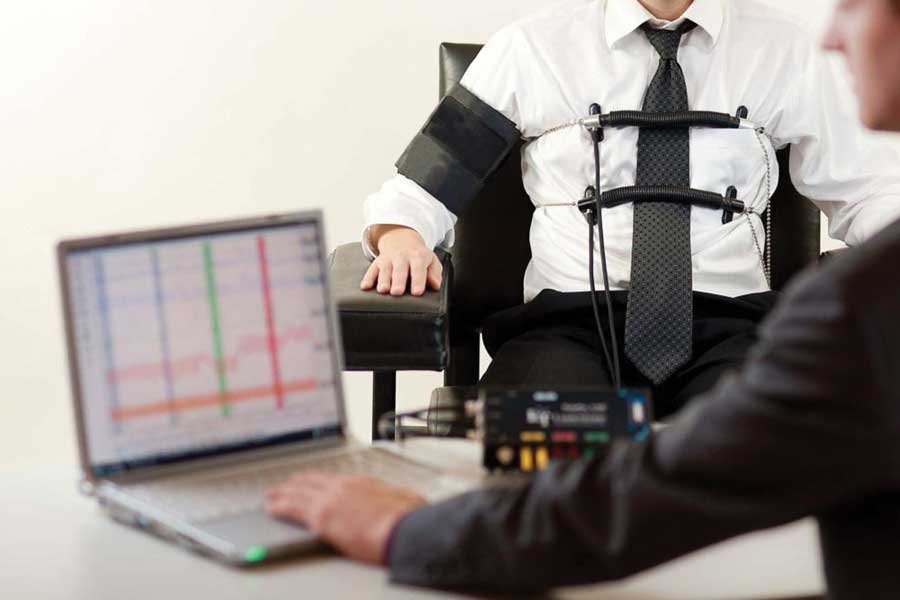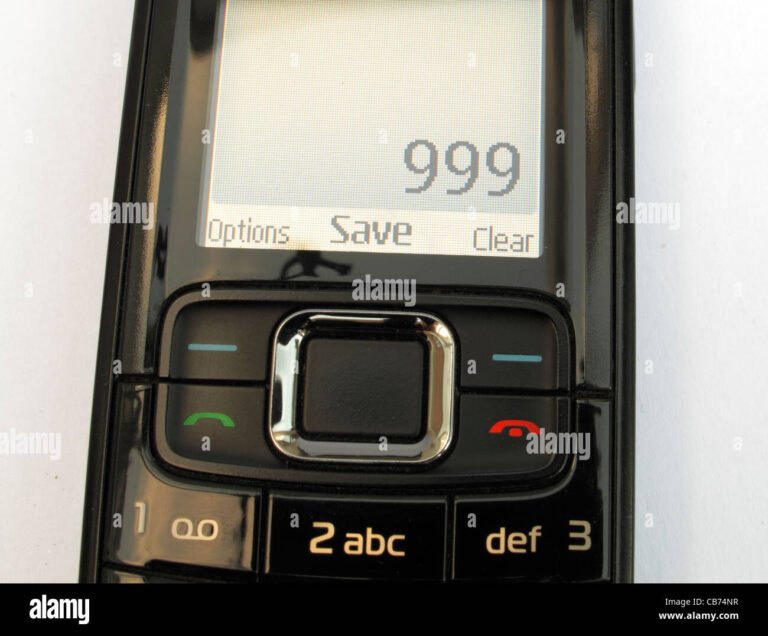Lie Detector Test Online: Polygraph Services Explained
✅Discover the truth with online lie detector tests! Explore how polygraph services can reveal hidden secrets and verify honesty instantly.
Lie detector tests online have become a popular option for individuals and organizations looking for convenient and accessible ways to verify the truthfulness of statements. These online services use sophisticated algorithms and technologies to analyze voice stress, facial micro-expressions, and other behavioral indicators to determine if a person is lying.
In this article, we will delve into the intricacies of online polygraph services, exploring how they work, their reliability, and the best practices for using them. Understanding these elements is crucial for making informed decisions about when and how to use these services effectively.
How Online Lie Detector Tests Work
Online lie detector tests generally utilize a combination of voice analysis software and facial recognition technology. These systems are designed to detect inconsistencies and stress indicators that are often present when a person is lying. The process typically involves:
- Voice Stress Analysis: This method analyzes the frequency and modulation of the speaker’s voice to identify stress patterns that may indicate deception.
- Facial Micro-Expressions: Advanced AI algorithms detect subtle changes in facial expressions that can reveal emotions inconsistent with the spoken words.
- Behavioral Analysis: Some services also incorporate behavioral cues such as body language and eye movement to further assess truthfulness.
Reliability of Online Polygraph Services
While online lie detector tests offer a high level of convenience, their reliability can vary. Traditional polygraph tests conducted in controlled environments by trained professionals have an accuracy rate of approximately 85-95%. In contrast, online services may have lower accuracy rates due to the absence of physical sensors and the potential for environmental distractions. However, advancements in AI and machine learning are continually improving the accuracy of these online tools.
It’s important to consider the following factors when evaluating the reliability of an online lie detector service:
- Technology Used: Ensure the service employs up-to-date and scientifically validated technologies.
- User Environment: Conduct the test in a quiet, distraction-free environment to improve accuracy.
- Professional Oversight: Some services offer the option for a professional evaluator to review the results, which can enhance reliability.
Best Practices for Using Online Lie Detector Tests
To get the most accurate results from an online lie detector test, follow these best practices:
- Prepare the Environment: Ensure the testing area is free from noise and distractions to minimize environmental variables.
- Follow Instructions Carefully: Adhere to all guidelines provided by the service to ensure the test is conducted correctly.
- Use as a Supplement: Consider using online lie detector tests as a supplementary tool rather than a standalone solution for critical decisions.
- Seek Professional Advice: When necessary, consult with a professional polygraph examiner to validate the results obtained online.
Conclusion
While online lie detector tests offer a convenient and accessible way to assess truthfulness, it’s essential to understand their limitations and best practices for use. By doing so, you can make more informed decisions and effectively leverage these tools in various scenarios.
Cómo funcionan los detectores de mentiras en línea y su fiabilidad
Understanding how online lie detector tests work and their reliability is crucial for those seeking to utilize polygraph services remotely. While traditional polygraph tests are conducted in person by trained professionals, advancements in technology have made it possible to administer polygraph tests online.
Online lie detector tests typically involve the individual being tested answering a series of questions while connected to a computer that tracks physiological responses such as heart rate, blood pressure, respiratory rate, and skin conductivity. These responses are then analyzed by specialized software to determine the likelihood of deception.
Benefits of Online Lie Detector Tests
One of the key advantages of online polygraph services is the convenience they offer. Individuals can now take a lie detector test from the comfort of their own homes, eliminating the need to travel to a testing facility.
Moreover, online lie detector tests can be a cost-effective solution for those who may not have access to traditional polygraph services in their area. This accessibility can make polygraph testing more widely available to a larger audience.
Reliability of Online Lie Detector Tests
While online polygraph tests can provide a convenient option for those in need of such services, it is essential to consider their reliability. Research has shown that the accuracy of polygraph tests can vary, with some studies suggesting an accuracy rate of around 70-90%.
Factors such as the experience of the test administrator, the quality of the equipment used, and the honesty of the individual being tested can all impact the reliability of the results. It is important to approach online lie detector tests with a critical eye and to consider them as one tool among many in the quest for truth.
In conclusion, online polygraph services can provide a convenient and accessible way for individuals to take lie detector tests remotely. Understanding how these tests work and their potential limitations is key to making informed decisions when seeking the truth.
Comparación de servicios de polígrafo en línea y presenciales
When it comes to lie detector tests, there are two main options available: online polygraph services and in-person tests. Each type of service has its own set of advantages and disadvantages, making it essential to understand the differences between them before deciding which one is the most suitable for your needs.
Online Polygraph Services
Online polygraph services offer convenience and accessibility, allowing individuals to take the test from the comfort of their own homes. These services typically involve answering a series of questions while connected to a polygraph machine via the internet. The results are then analyzed remotely by a certified polygraph examiner.
- Convenience: Users can take the test at a time that suits them best, eliminating the need to travel to a testing facility.
- Privacy: Some individuals may feel more comfortable taking a polygraph test in the privacy of their own home.
- Cost: Online services may be more affordable than traditional, in-person tests.
In-Person Polygraph Tests
In-person polygraph tests are conducted at a testing facility by a trained examiner. The examinee is physically connected to the polygraph machine, and the examiner asks a series of relevant questions to determine the individual’s truthfulness.
- Accuracy: In-person tests are often considered more accurate due to the direct interaction between the examiner and the examinee.
- Expertise: Trained polygraph examiners can provide immediate feedback and clarification during the test.
- Legitimacy: Some institutions and organizations may require in-person polygraph tests for legal or employment purposes.
Before choosing between online and in-person polygraph services, it is crucial to consider your specific requirements, the level of accuracy needed, and the purpose of the test. While online services offer convenience and privacy, in-person tests are often preferred for their reliability and immediate feedback.
Frequently Asked Questions
What is a polygraph test?
A polygraph test, commonly known as a lie detector test, measures physiological responses such as heart rate, blood pressure, and perspiration to determine if someone is being truthful.
Are polygraph tests accurate?
While polygraph tests can be a useful tool, they are not 100% accurate and can be influenced by various factors such as the experience of the examiner and the mental state of the person being tested.
Where can I take a polygraph test?
You can take a polygraph test at certified polygraph service providers, law enforcement agencies, or private investigation firms that offer polygraph services.
How long does a polygraph test take?
A typical polygraph test can last anywhere from 1 to 3 hours, depending on the complexity of the questions being asked and the examiner’s process.
Can a polygraph test be used in court?
While polygraph test results are generally not admissible as evidence in court, they can be used in some cases to support or refute other evidence.
What types of questions can be asked during a polygraph test?
During a polygraph test, questions are typically categorized as relevant (related to the issue being investigated), irrelevant (general questions to establish baseline responses), and control (to validate the accuracy of the test).
- Polygraph tests measure physiological responses to determine truthfulness.
- Accuracy of polygraph tests can be influenced by various factors.
- Certified polygraph service providers offer polygraph tests.
- Typical polygraph tests can last 1 to 3 hours.
- Polygraph test results are generally not admissible in court.
- Questions during a polygraph test are categorized as relevant, irrelevant, and control.
Feel free to leave your comments and check out other articles that may interest you!







